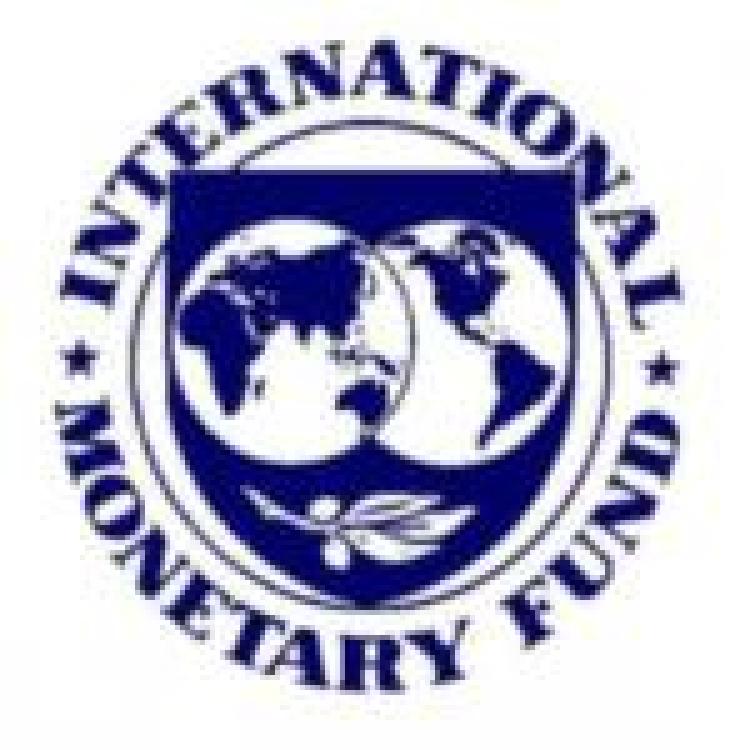![]()
Moody's Investors Service downgraded the Government of Sri Lanka's long-term foreign-currency issuer and senior unsecured debt ratings to Ca from Caa2.
The decision to downgrade the ratings is driven by the government's announcement of its suspension of public debt repayments last week. Moody's noted the assessment reflects "governance weaknesses in the ability of the country's institutions to take measures that decisively address the very low adequacy of foreign exchange reserves and very weak debt affordability". Moody's also noted that "the default is unlikely to be cured during the grace period" which is 30 days respectively.
The island nation was meant to pay about $78 million in interest to its bondholders on Monday -- until, of course, the government said last week it would suspend debt repayments.
The statement went on to highlight the dwindling foreign reserves.
"Sri Lanka's foreign exchange reserves adequacy has continued to decline despite continued financing support from bilateral development partners including India and China. Foreign exchange reserves excluding gold and special drawing rights stood at $1.7 billion at the end of March 2022, sufficient to cover only around 1 month of imports, with the Central Bank of Sri Lanka having fully drawn down its $1.5 billion swap with the People's Bank of China. This compares to foreign exchange reserves of $2.1 billion as of the end of September 2021 and with the swap still a backup facility".
The total amount of repayable debt is said to be USD $ 51 billion. As Sri Lanka faces its worst economic crisis since independence, protests have been raging across the Island South, demanding the resignation of the Rajapaksa regime.



